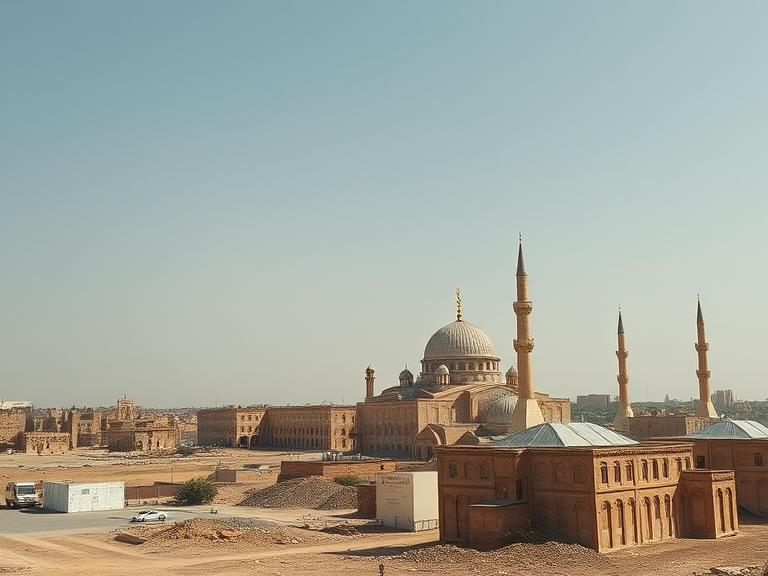As Ahmad al-Sharaa was installed as president of Syria, the country enters a new phase, full of challenges and great hopes. Al-Sharaa managed the previous period in a wise and realistic way. He understood international balances, did not enter into gratuitous conflicts, and improved his relations with influential powers, regionally and internationally. The important thing is that we did not hear from him the recurring slogans about colonialism, Zionism, and imperialism, that the regimes used to repeat in the past, while the people are hungry and drowning in poverty.
The new administration led by President al-Sharaa arrived in Damascus at the right historical moment, the time when extremist nationalist and religious ideologies were in decline. They had been bankrupted over decades of repeated fruitless experiments. They had used religious and nationalist principles in an arbitrary manner and turned them into cheap propaganda to grip to power and impose a fait accompli by force.
We now see how the shattered people of Gaza are groaning from the devastating war after 15 months of brutal and destructive war. They were literally pushed into hell for a year and a half without having a hand or knowing why all was happening. How Bashar al-Assad consumed all the terms of Arabism and nationalism to flee to Moscow carrying billions, leaving behind a ruined and impoverished country? And how Naim Qassem is trying to restore the shattered image of Hezbollah after the killing of Hassan Nasrallah and pretending to win, using the terms of resistance at a time when his audience is suffering from the repercussions of the war, and the Lebanese people are living the moment of celebrating the restoration of the state from the clutches of the militias?
All experiments that used religious and nationalist ideologies ended in failure. We live in a different time where peoples mix with each other, capital moves to stable places and promising opportunities, and the world competes in tourism, industry, building the largest airports, and benefiting from the latest innovations in artificial intelligence. The conflict between the major powers is not to occupy lands or impose certain ideologies, but rather a war for wealth and economic prosperity from which military power and diplomatic power stem.
Now development is a priority, and successful governments are those that create a successful life and future for their people. Religious wars are over, the era of invaders is over, and almost all slogans of death and excommunication have died. The era of ISIS, Al-Qaeda, Osama bin Laden, Al-Baghdadi, Bashar Al-Assad, Muammar Gaddafi, and Saddam Hussein is over. A sterile phase has ended, and any leader who wants to revive these ideas will be ostracized by the international community, face political stumbling, and economic failure.
In his speech in Davos, the new Syrian Foreign Minister, Asaad Al-Sheibani, chose the right words, saying that the acting Damascus government is inspired by the experience of Saudi Arabia and Singapore. They represent models for overcoming obstacles, exploiting opportunities, and creating a tolerant culture that embraces everyone from different nationalities and religions, and an investment environment that attracts major foreign companies. Most importantly, they have transcended all dead ideologies and think only about the future. And this is the most important lesson that Al-Sharaa seems to know well, and it is the only one that will help Syria get out of the tunnel in which it has been stuck for more than five decades.

